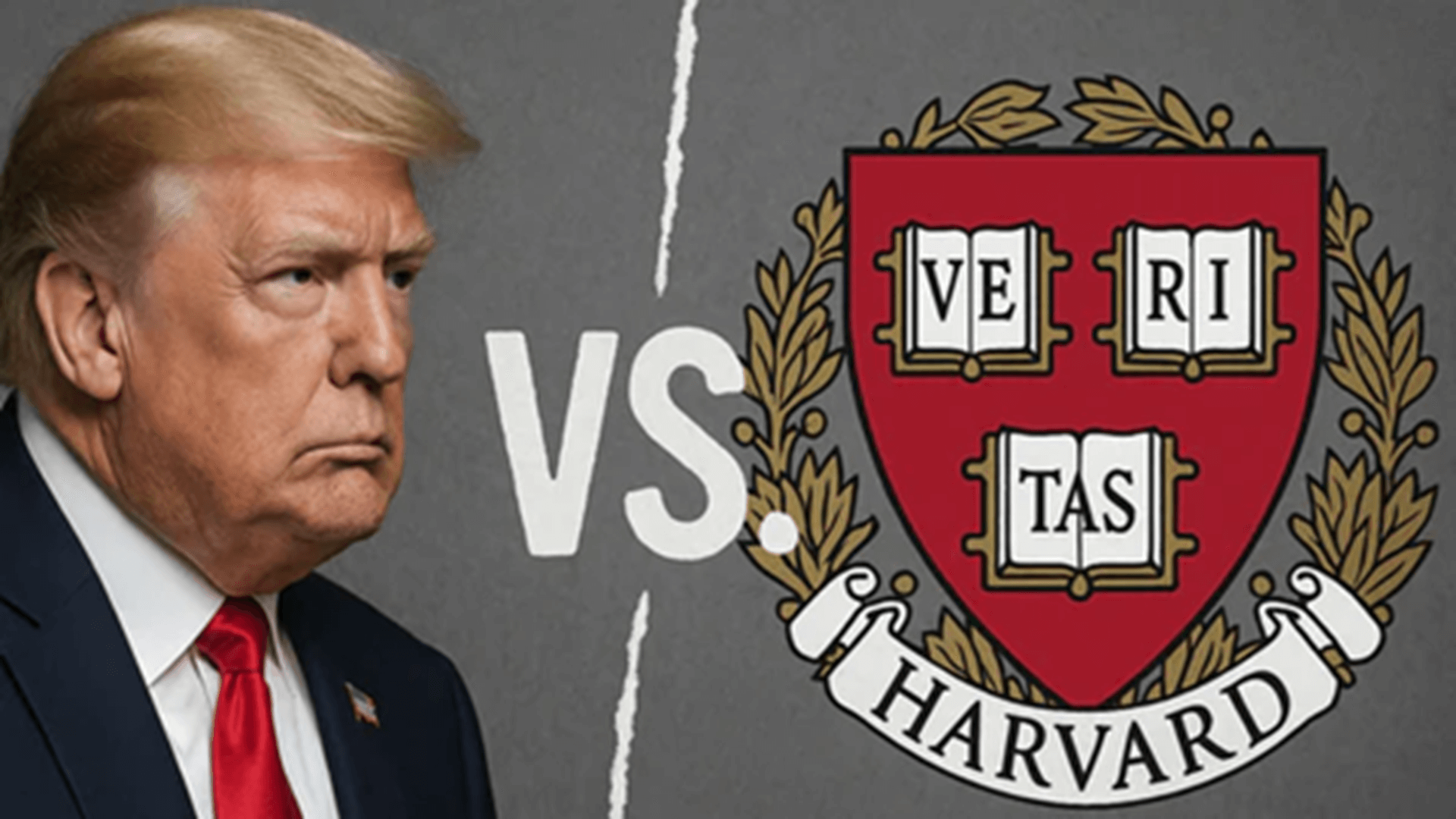Harvard University Files Lawsuit Against Trump Administration Over Ban on International Student Enrollment – RT, NYT, CNN
Harvard University has initiated legal action against the Trump administration, challenging the Department of Homeland Security’s (DHS) decision to revoke the university’s ability to enroll international students under the Student and Exchange Visitor Program (SEVP). The lawsuit, filed in Boston federal court, describes the revocation as a “blatant violation” of the U.S. Constitution and federal laws, arguing that it has an “immediate and devastating effect” on the university and over 7,000 visa holders.
International students constitute a significant portion of Harvard’s student body, with 6,793 students—27.2% of total enrollment—hailing from over 140 countries in the 2024-2025 academic year. Chinese nationals represent the largest group, followed by students from Canada, India, South Korea, and others. The ban threatens to disrupt academic programs, research laboratories, and the university’s financial stability, as international students often pay full tuition, subsidizing financial aid for others.
Harvard’s lawsuit emphasizes the broader implications, stating, “With the stroke of a pen, the government has sought to erase a quarter of Harvard’s student body, international students who contribute significantly to the University and its mission.” The university argues that the revocation undermines its academic and research mission and could debilitate American higher education’s global standing. Students, particularly those from China, are facing uncertainty, with some canceling plans to return home and seeking legal advice to maintain their status in the U.S. For instance, a 23-year-old incoming master’s student expressed disruption to her life plans, considering deferral or transfer to another institution.
Harvard’s complaint asserts that the revocation lacks legal grounding and is retaliatory, citing the administration’s failure to follow proper regulatory procedures. A federal judge in Oakland, California, recently issued an injunction preventing the administration from terminating the legal status of international students without due process, which may impact the Harvard case. The administration’s actions align with President Donald Trump’s broader immigration crackdown and criticism of universities over issues like pro-Palestinian protests, which have been labeled antisemitic by federal officials. Harvard, however, maintains that it has addressed concerns about campus safety and prejudice, referencing task force reports from 2024 that recommended policy changes to protect both Jewish and Muslim students.
The move against Harvard is seen as a warning to other institutions, with Noem explicitly stating on Fox News that similar actions could target universities like Columbia, where 39% of students are international. Educational experts warn that such policies could deter global talent, weaken U.S. academia’s soft power, and harm institutions reliant on international tuition revenue. Harvard’s President Alan Garber addressed affected students, affirming their value to the community and pledging support. The university is working to provide guidance and is optimistic about reversing the ban through legal channels, citing the specific regulatory requirement for a notice of intent and valid reasons for revocation, which it claims were not met.
The decision has sparked outrage among students, faculty, and international observers. Harvard economics professor Jason Furman called the measure “horrendous on every level,” emphasizing the contributions of international students to innovation and U.S. soft power. Australia’s ambassador to the U.S., Kevin Rudd, expressed concern for Australian students and offered consular support. On X, sentiment reflects anger and concern, with users like @JroWooTown labeling the move as “targeted discrimination” and @dwnews highlighting the lawsuit’s claims of unconstitutionality. Others, like @DC_Draino, have supported the administration’s stance, framing it as a response to alleged misconduct by foreign students.
As the legal battle unfolds, Harvard’s lawsuit could set a precedent for academic institutions resisting federal overreach. The university remains committed to its international community, stating, “Without its international students, Harvard is not Harvard.”


